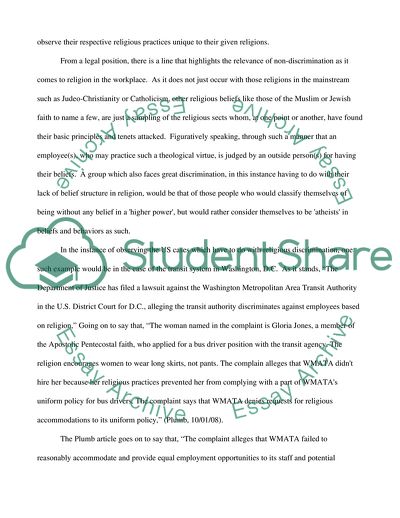Cite this document
(Religion & Discrimination In The Workplace Coursework, n.d.)
Religion & Discrimination In The Workplace Coursework. Retrieved from https://studentshare.org/social-science/1717961-human-resource-religious-discrimination
Religion & Discrimination In The Workplace Coursework. Retrieved from https://studentshare.org/social-science/1717961-human-resource-religious-discrimination
(Religion & Discrimination In The Workplace Coursework)
Religion & Discrimination In The Workplace Coursework. https://studentshare.org/social-science/1717961-human-resource-religious-discrimination.
Religion & Discrimination In The Workplace Coursework. https://studentshare.org/social-science/1717961-human-resource-religious-discrimination.
“Religion & Discrimination In The Workplace Coursework”. https://studentshare.org/social-science/1717961-human-resource-religious-discrimination.


